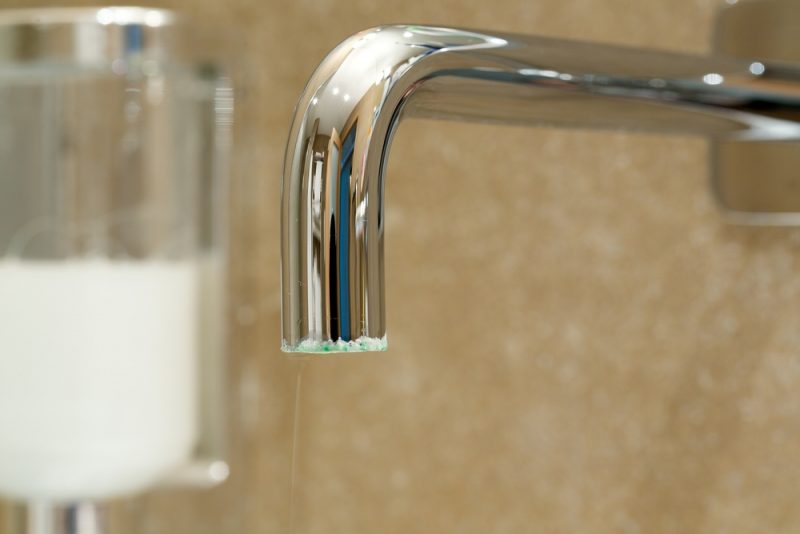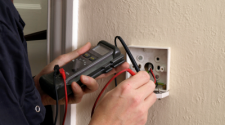If you’ve spent any time travelling around the country, you’ve likely noticed that water tends to feel, taste, and smell different almost everywhere you go. Some areas have more “hard water”, which contains a high degree of minerals because it dissolves, reacts with, and absorbs things like magnesium and calcium as it moves from one place to another.
In your home, this can become an issue over time as it accumulates in your plumbing system, clog plumbing fixtures, and even causes problems with your skin, hair, or nails. It can significantly affect the performance of both cleansing agents like shampoo or laundry detergents and it can even damage appliances that utilize water, such as your dishwasher or coffee maker.
For these reasons and more, some homeowners decide to install a filtration system called a “water softener” that helps remove the minerals causing scaly buildup in your shower, on your dishes, and throughout your plumbing system. Read on for more information.

Having a system installed
One of the first steps is to complete a water test to determine the level of filtration you need. You should also have a basic idea of how much water your household uses either daily or monthly. A reputable local plumber like Drain Master Ohio can perform the water test and system assessment for you as part of the installation process. If your home doesn’t have a basement, then you need to set aside a small amount of space for the system, possibly in a garage, closet, or utility room, depending on the size of the system.
There are several options that can affect the overall cost of the system. There are systems that simply work on a timer to determine when the system needs to be automatically recharged, as well as systems that utilize a meter or monitoring system instead. There are also multiple kinds of tank configurations depending on your home’s filtration needs, and there are various situations where certain kinds of bypass systems might also be installed.
It’s best to talk to your plumber about your biggest concerns, whether it’s extending the life of your appliances and reducing plumbing issues, or quality-of-life issues related to skin problems, hair problems, or even discomfort caused by clothes and bed linens that don’t ever seem to come clean.
System life and maintenance
Depending on the kind of system you chose, you might not have to worry about making changes or major repairs for the next 10 to 15 years. You may have to perform some routine maintenance and monitoring of your system, and the level of effort you expend depends on what materials you use. There are varying levels of purity in terms of the kind of salt used in the system, and these change the cost of ongoing maintenance depending on what you choose. If having residual salt from your tap is an issue, there are other chemicals that can be used like potassium chloride (although these can cost a premium).
It’s a good idea to routinely check your tanks and valves for clogs or abnormal operations, but many plumbers who install these systems will offer annual or routine maintenance checkups to help protect the investment you made in the system. If you have recently had new appliances installed that utilize water, then making sure your water softener is in good working order will also affect the longevity of your appliances as well.
















